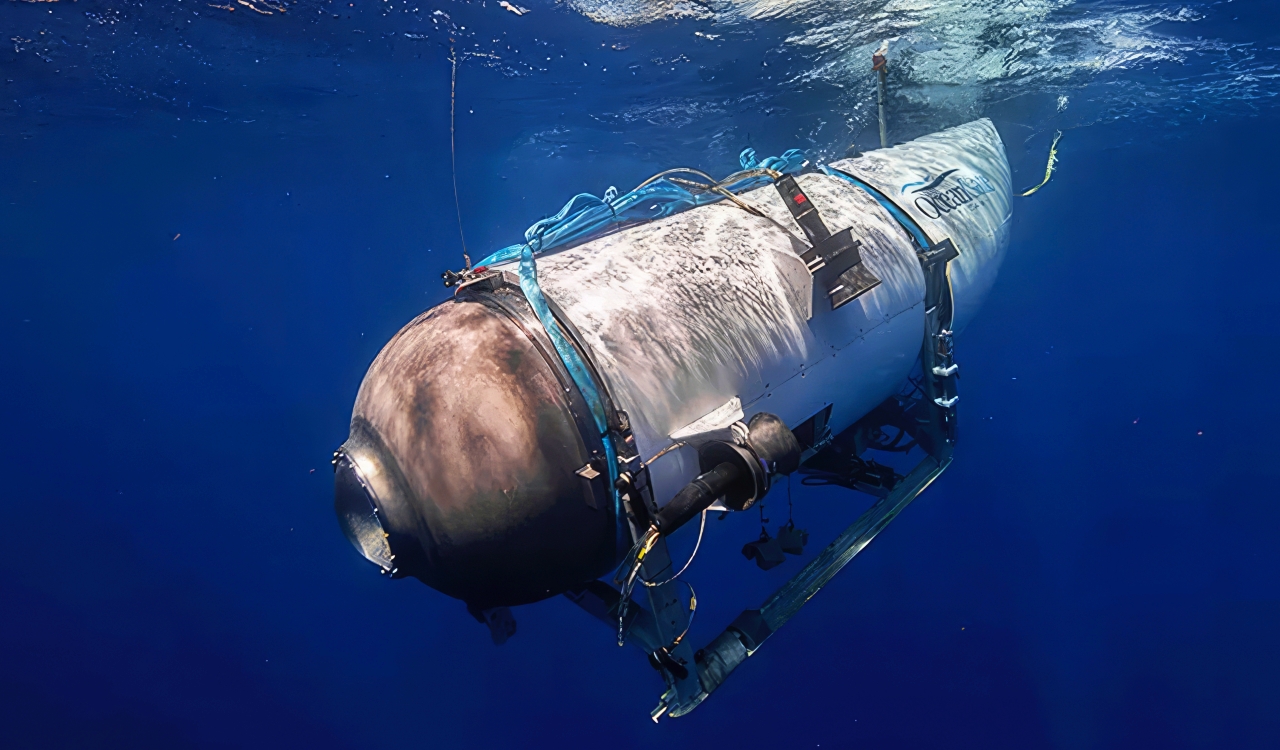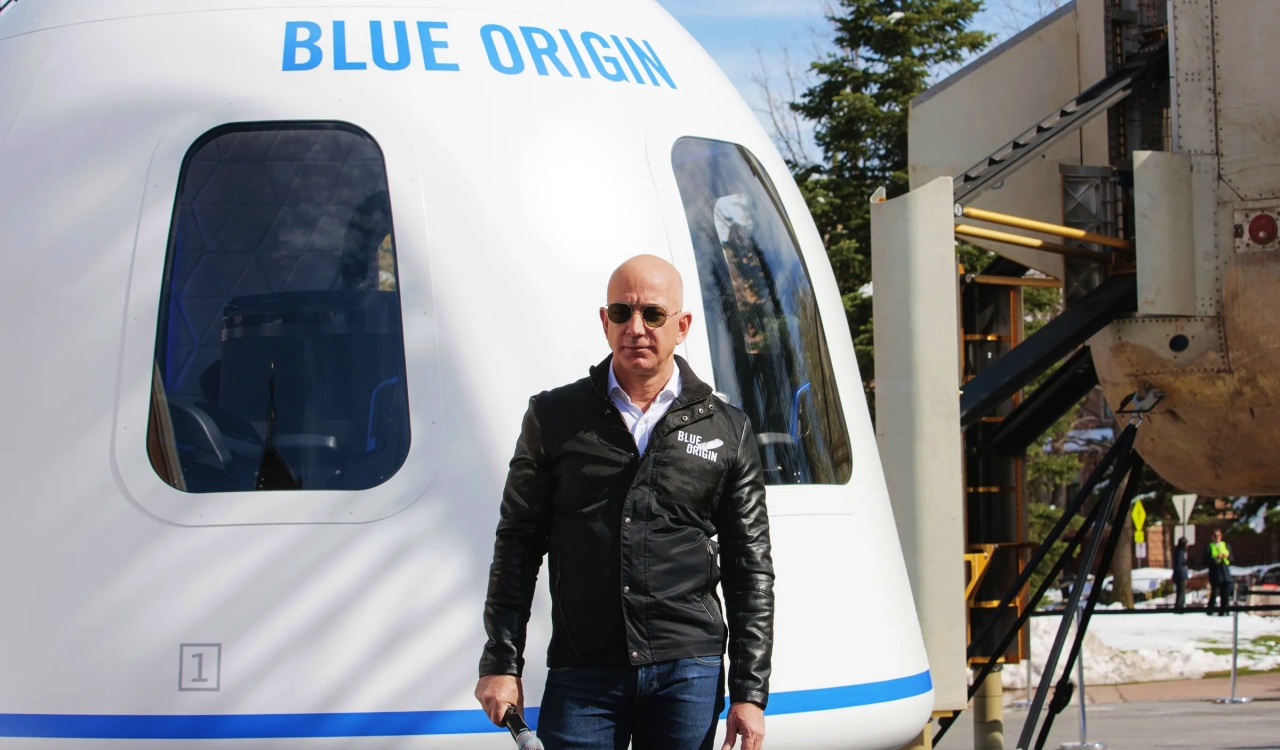When the recent Titan Submersible bound for the Titanic Wreckage went missing, many were worried. It made sense to be, as the ship that took them out there lost contact only 45 minutes into dropping them into the water. While it took a bit to report everything, what really seemed crazy was how much effort and resources were used to find the vessel. The Titanic submersible disaster, as this has come to be called, ended exactly as many had assumed.
The Titan was able to make it down to the Titanic wreckage, but it seems that as soon as it made it there, it exploded. The explosion likely was due to the immense pressure the submersible was experiencing. Scientists have claimed that those on board likely did not suffer in their fate. That is because the moment even one small hole popped open, the entire thing would have imploded in a second. Due to the heat level inside, those in the submersible would have been baked the moment things went south.
The question we really have to consider is why this submersible was even allowed to go into the water at all. The trip with this submersible had been planned dating back years only to be canceled due to complications. Some who worked on the submersible openly expressed their concerns, with some being fired as a result.
OceanGate Expeditions, the company behind the submersible, even had all of those on board sign a waiver just in case an incident happened. How often does one sign such a document when going into a safe situation? This submersible was never ready, yet regulations are almost nonexistent for stuff like this. In fact, a lot of the adventure traveling that wealthy people take part in seems to have very few regulations. However, they are not the ones who pay the bill if something goes bad.
Wealthy Adventure Traveling Costs Everyone Else

[Image via OceanGate]
When the Titan submersible went down, both the United States & Canadian Coast Guard were involved in the search. Not to mention a few other ships from elsewhere. Who is paying the bill for the Coast Guard? In this case, the U.S. taxpayer for our Coast Guard and the Canadian taxpayer for their Coast Guard. The search lasted for days and it is likely that thousands of dollars went into it when you account for things like fuel. Not to mention the salary for those who took part in the search. In all, this rescue operation cost both nation’s taxpayers millions of dollars.
Yet the Titan submersible is just one example of people paying the price for wealthy people doing something obviously dumb.
Recently, the Seattle Times discussed this issue when it comes to hikers, skiers, and others who explore the state of Washington’s wilderness. If something goes wrong and people need to be rescued, there are those who help with that. The State’s Search & Rescue Team will look for people regardless of how much they have in the bank. A lot of those who assist with this are volunteer rescuers who explore the backcountry all the time themselves.
When the Seattle Times asked Amy Allbritton, the state’s Search & Rescue Program Manager, about whether the megarich are the ones taking the extreme risks…she hesitated. She did say: “Our mission is to rescue individuals in the backcountry — not just the ones who can afford it.” However, when asked specifically about the megarich, she said: “I mean, potentially. I’m not sure where my opinion lies on that.”
This brings up the obvious question of whether or not there should be better regulations and an enforced set of rules for those choosing to take part in “extreme tourism” or things like it. We also have to wonder if rescue operations can even happen for some places people want to go.
The Ocean Isn’t The Only Place The Rich Want To Tour

[Image via Matthew Staver/Bloomberg/Getty Images]
Star Trek: The Next Generation always opened by saying the immortal words: “Space, the final frontier.” Many of us love the idea of going to space, but it’s unlikely most of us will be able to afford it. This won’t be an issue for the megarich though. Space Tourism is going to become a thriving industry likely within our lifetime.
We’ve already seen some begin this process such as Blue Origin. The company is owned by Amazon founder Jeff Bezos, one of the richest people in American History. Another wealthy man with his own space company is Elon Musk, who owns SpaceX. Yet we cannot leave out the likes of Richard Branson, owner of the Virgin Group, who has been developing a ton of “futurist” technology in recent years, including a working hyperloop. Branson’s Virgin Galactic is slowly gaining on the others.
All three companies have aspirations of getting space tourism off the ground. Bezos even has plans for a low-orbit space hotel of sorts in the future.
However, are there any rescue operations possible for those who wish to go into space like this? Co-Founder of The Space Safety Institute operated through the Aerospace Corporation, Josef Koller, was recently asked about this. Specifically, he was asked what if something such as the Apollo 13 incident were to happen on a commercial rocket, what would happen. Koller claimed:
“There’s no strategy in place. There are no rules and responsibilities assigned. There is no Coast Guard that can go out with several ships and search for a submarine.”
We also have to then ask, who would be responsible for space tourists? Who would pay for it? Koller claimed: “none of these questions are answered.”
Funny enough, the U.S. Congress actually prevented the FAA from issuing safety regulations protecting space tourists back in 2004. It is said that this was done for fear of stopping innovation in the space industry. All three of the companies referenced above said they had not taken any flights, so having rules wouldn’t make sense. Not that they have, rules still have not been put into play.
We have to now wonder how many potential space tourism disasters this industry will cause…and how much money we’ll spend to save them.